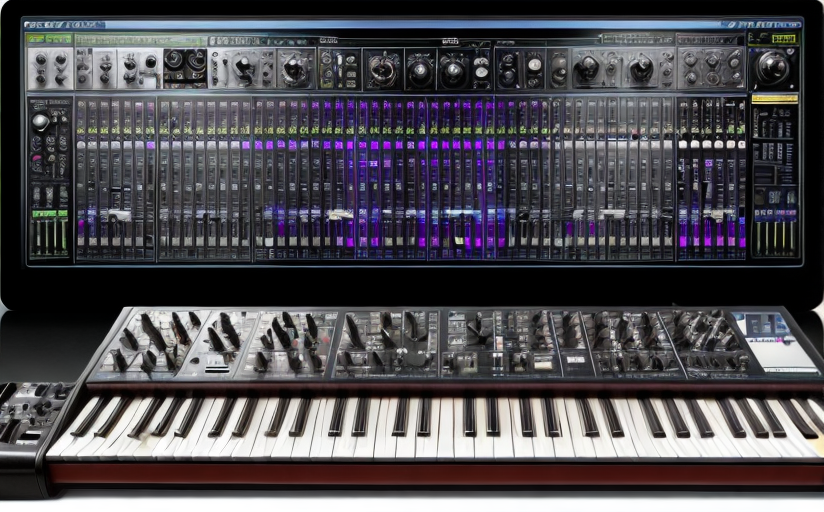The Evolving Role of Digital Technology in Music Production and Distribution
In the past few decades, digital technology has profoundly altered various spheres of human endeavors, including music production and distribution. This powerful shift has fashioned new paths for creating, promoting, and consuming music. This article traces the timeline of this transformation, analyses the essential technologies behind this change, and ponders their ramifications for musicians and listeners. It also speculates about future prospects for digital technology in the music industry.
Impressive Milestones
The journey of digital technology in music production and distribution can be traced back to the late 1970s and early 1980s when MIDI (Musical Instrument Digital Interface) came into existence. The introduction of synthesisers and drum machines brought a radical shift in music production. The digital revolution went a notch higher with the launch of the MP3 format and the iPod in the late '90s and early '00s, respectively, changing the way music got distributed and consumed.
Key Emerging Technologies
Several transformative technologies have shaped this shift, but the game-changers have been music streaming platforms, Artificial Intelligence (AI), and Blockchain. Spotify, Apple Music, YouTube Music have reshaped the distribution of music, making it accessible at the tap of a finger. AI has revolutionized music composition, and Blockchain technology promises a transparent and fair remuneration system for artists.
Impacts on Artists and Audiences
Digital technology has democratized music production, enabling anyone with a laptop and music software to produce music. It has also enabled new promotional strategies through social media platforms. However, it has also led to the devaluation of music due to oversupply and piracy. On the other hand, listeners now enjoy access to a plethora of music styles and artists which they might never have discovered in the traditional system.
The Future Outlook
Looking towards the future, AI is expected to play an even more substantial role in music production. We can also anticipate a continued growth in streaming and an increasing application of Blockchain to enhance transparency in the industry. However, the digital revolutions need to strike a balance, ensuring that they benefit the artists financially without diminishing the listener's experience.




















Comments
Leave a Comment